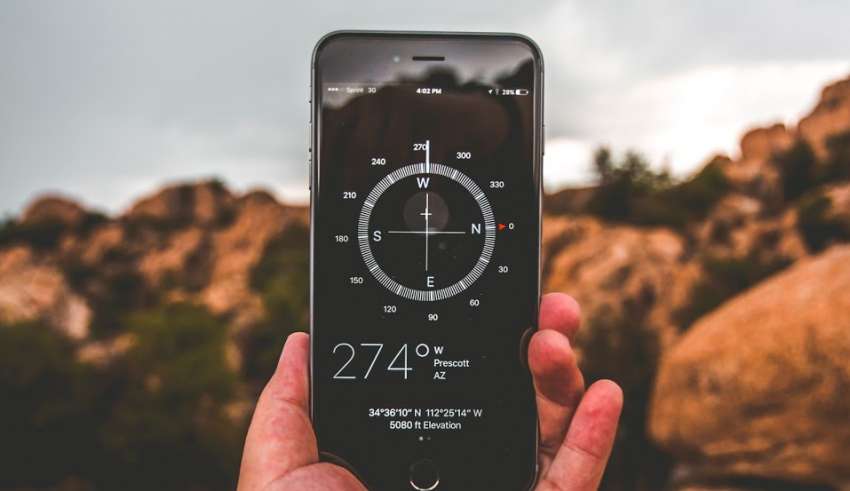
You may already know Islam means submission to God’s will and being a Muslim means living your life according to His will. But the big question is: “How can anyone know what God’s will is? How can we know for a fact what God wants from us?” If you believe in God, but you’re not exactly sure how to act on that belief, then you’ve probably asked yourself these same questions.
Everyone is born with something called ‘Fitrah’; sort of like your conscience, or an innate sense of God and morality. We all have a natural awareness of right and wrong and an inclination towards the divine, but that alone isn’t enough to answer all of life’s questions. Plus, as we all know, having a conscience doesn’t necessarily prevent outside influences or even the flaws within our own selves from doing things that we know are not right. So in order to provide sound, clear and comprehensive guidance for every aspect of our lives, we need more than just a conscience and that’s why God sent Prophets as guides for humanity.
Who Are Prophets?
Prophets are people who were chosen by God to communicate with humanity on His behalf; to teach them how to live and worship according to God’s will. They’re not angels or sons of God or divine in any sense. They are human beings like us. They’re especially blessed because they were selected by God for the special task of communicating His will to humanity.
To allow all people an opportunity to hear God’s message and understand His will, Prophets have been sent to all the regions of the world throughout history. The most important among the Prophets were those that had an additional status as Messengers.
Who Are Messengers?
A Messenger, or ‘Rasul’ in Arabic, is a Prophet who receives divinely revealed teachings from God that the Messenger then teaches his community. Authored by the Creator, these revealed teachings form a scripture, providing instruction and guidance on how to understand and worship God, how to live in accordance with God’s will, and how to prepare for life after death.
In addition to the text itself, Prophets are understood to be perfect human models of how to live according to the revealed teachings. So the prophetic example also becomes part of the overall understanding of how to put the message into practice.
After the death of a Messenger, it would become the responsibility of the community to preserve God’s message and to pass it on to the successive generations. When communities began to stray from the message or forgot its teachings, new Prophets were often sent to guide them back on the right course.
Why Did God Send Prophets And Messengers?
The Arabic word for Prophet is “Nabi” which literally means a spokesman or someone who brings important news.
It was the job of those Prophets who were not messengers to call people back to following the scriptures that had been previously revealed. As history progressed, there were even times when a new Messenger was sent to the same community to bring a new scripture; an updated version of the message. While the core message and the basic teachings remained the same, the new scripture was tailored to accommodate the changing times.
It should also be noted that communities did not always accept the Prophets that God sent to them. In fact, quite frequently Prophets were rejected, denied and cast out, leaving the communities to which they were sent in a state of misguidance. In other cases, Prophets were accepted, but the communities to which they were sent did not properly preserve their teachings and the message sent by God was lost, either because it was forgotten or because it was altered to the point that it no longer represented the true teachings of God.
Who Are Some of God’s Prophets?
While there have been thousands of Prophets throughout time, most of whose names are unknown to us today. The majority of those we do know are also known in the Jewish and Christian religions.
For example, Adam, Noah, Abraham, Jacob, David, Solomon, John the Baptist, and Jesus, peace be upon them all, are all considered Prophets in Islam as they all taught and lived Islam; submission and surrender to God’s will.
Allah says in the Quran:
“Say, we believe in Allah and what was revealed to us; and what was revealed to Abraham, Ishmael, Isaac, Jacob, and their descendants, and what was given to Moses and Jesus and what was given to the prophets from their Lord. We make no distinction between any of them, and we are Muslims [in submission] to Him.” [Noble Quran 2:136]
Prophet Muhammad ﷺ – The Final Messenger
As Muslims, we believe that God sent a final Prophet, who was also a final messenger, to clarify God’s will once and for all. We also believe that he received a divinely revealed scripture, not only for a particular community for a particular time, but for all of humanity and for all time.
That final messenger was the Prophet Muhammad, peace and blessings of God be upon him, and that final revealed message was the Quran.
So, for those who questioned, “How anyone could know what God wants from us?” now you have your answer! Simply put, God sends Prophets to communicate His will to humanity.













